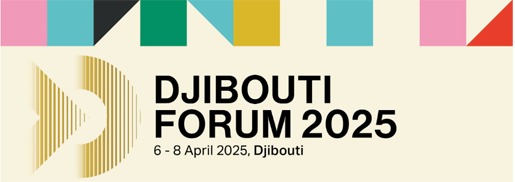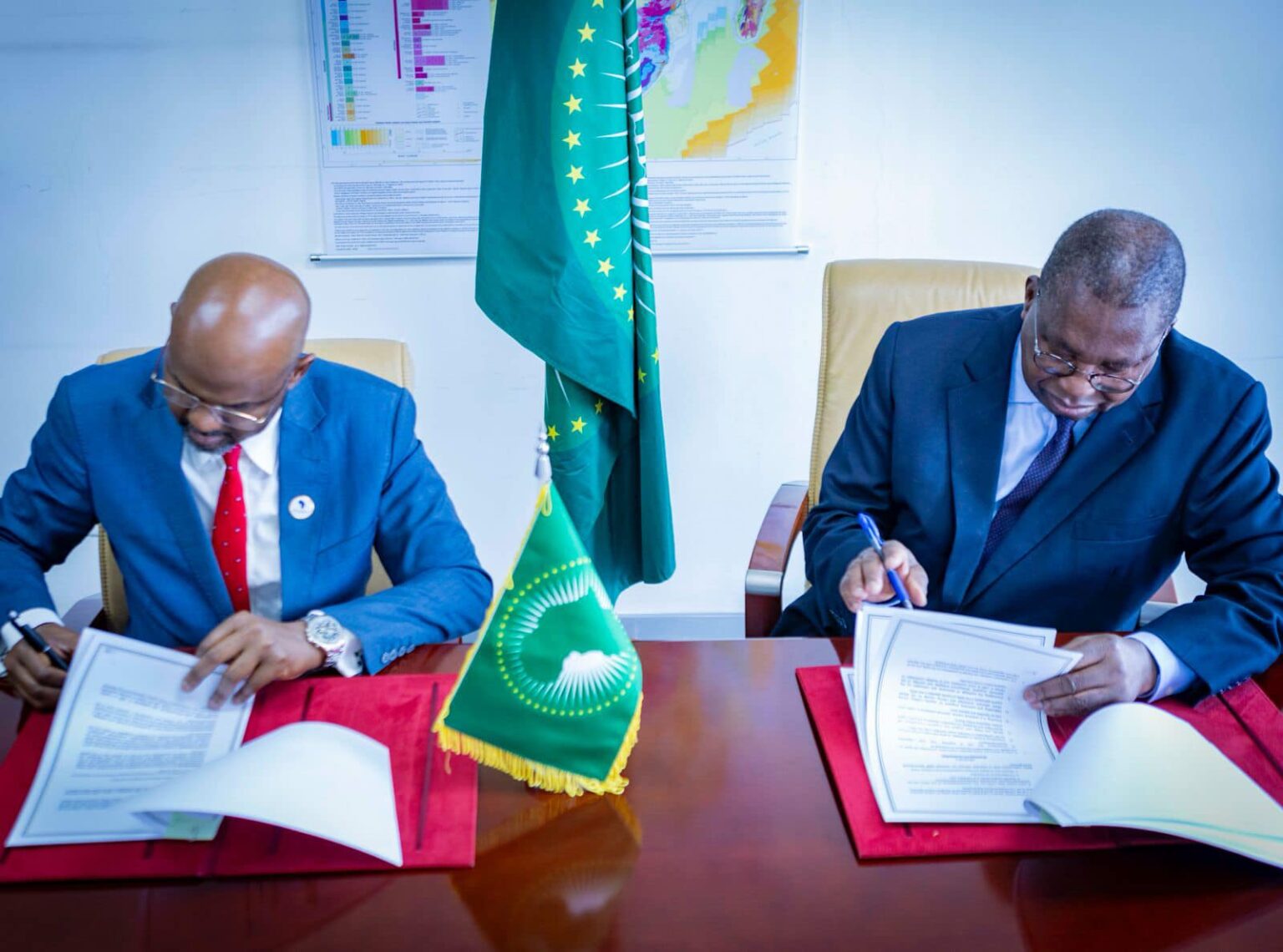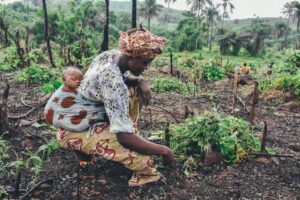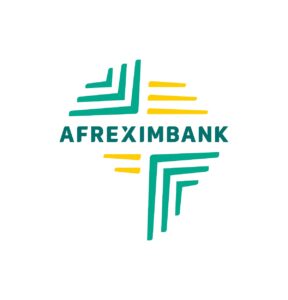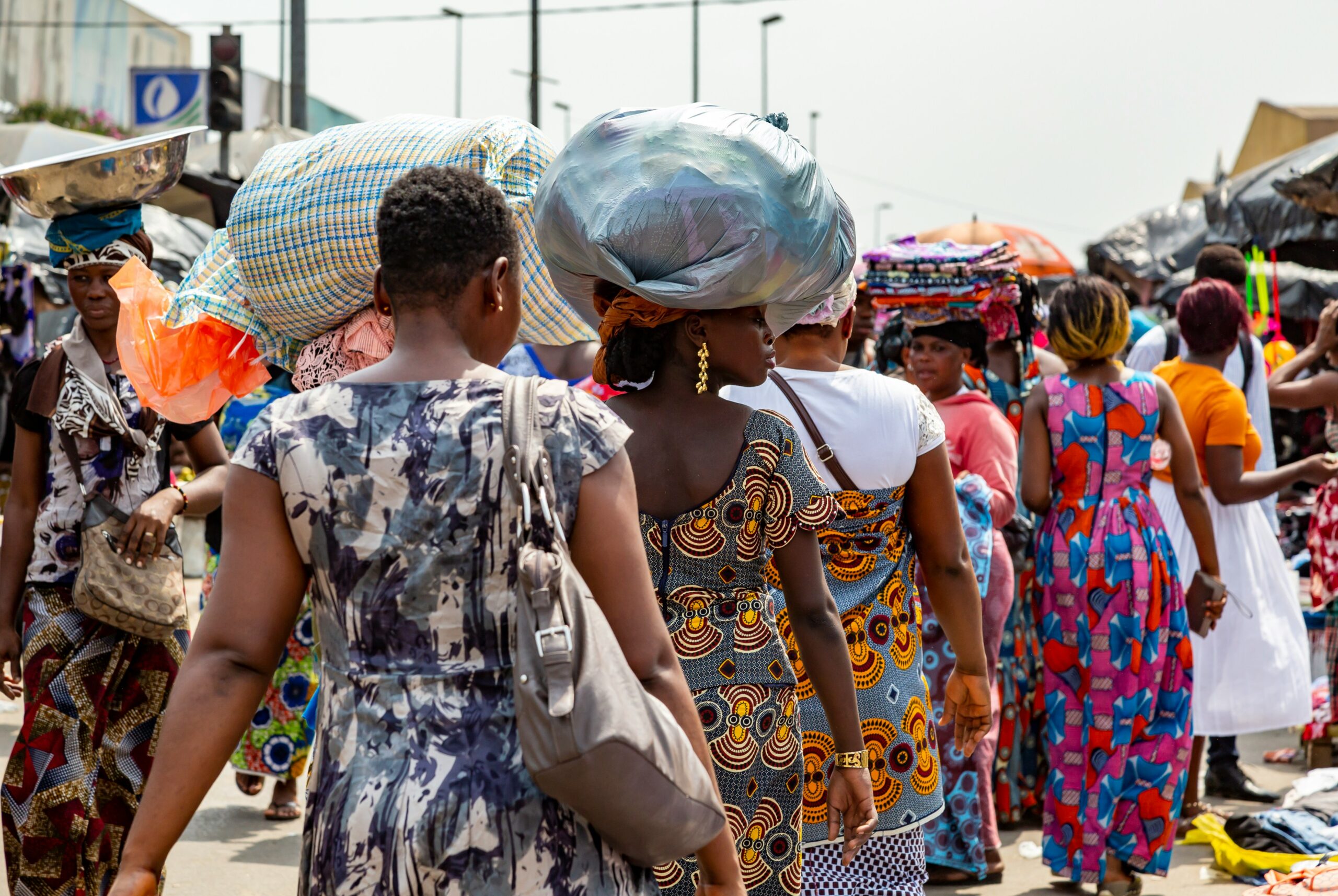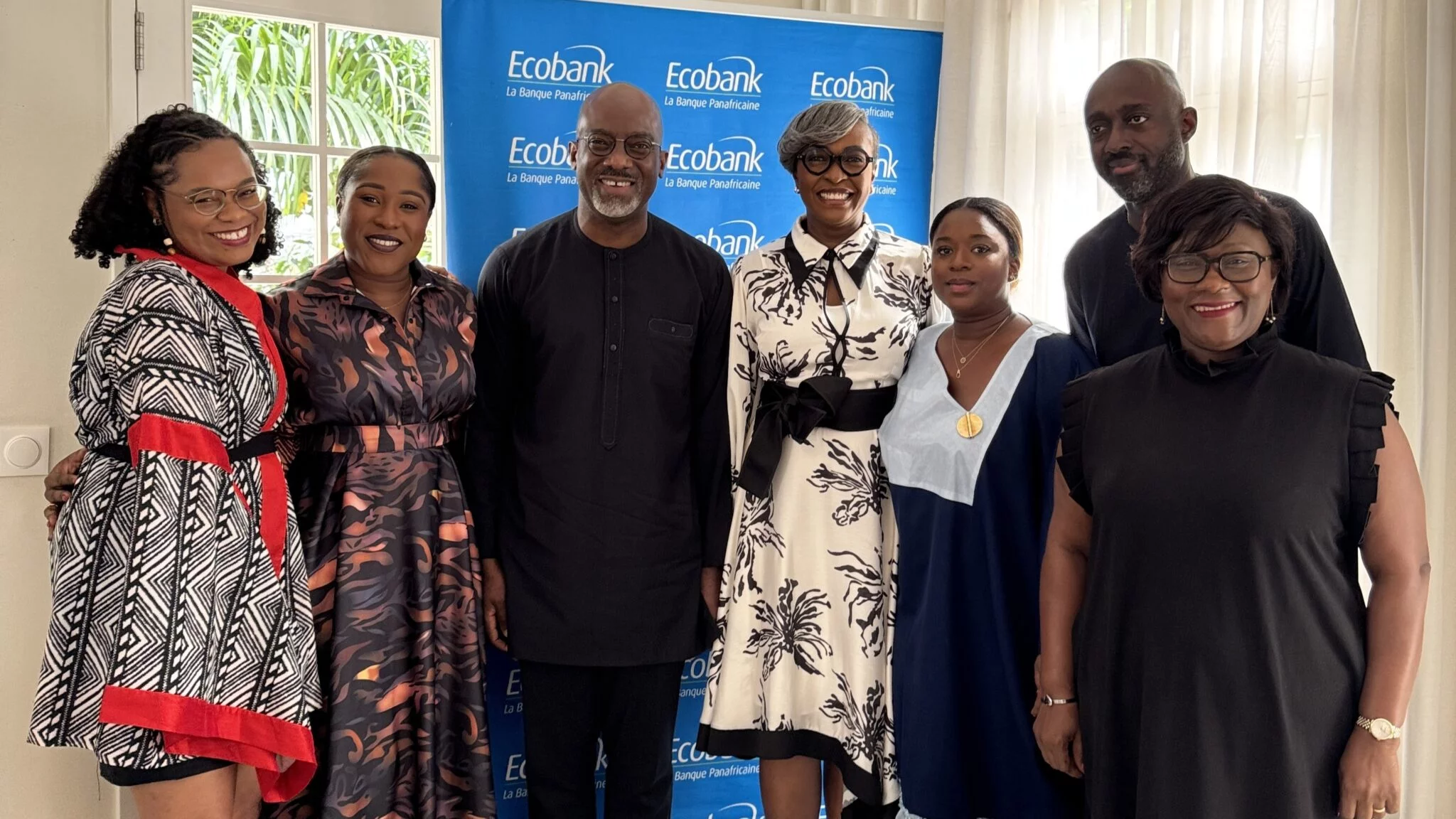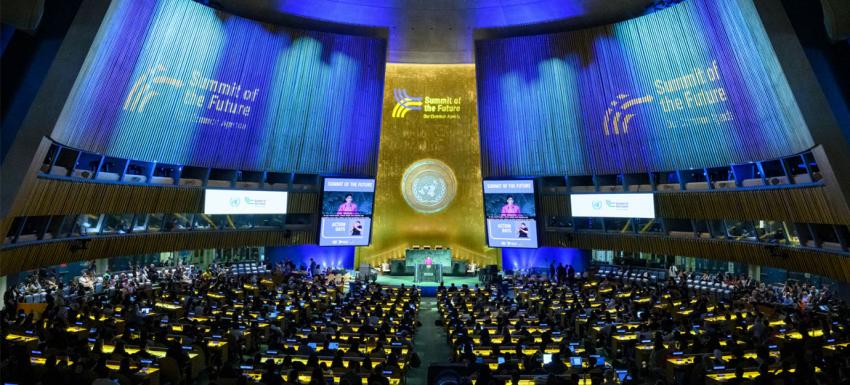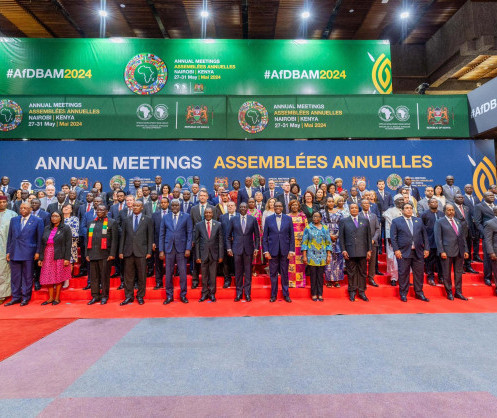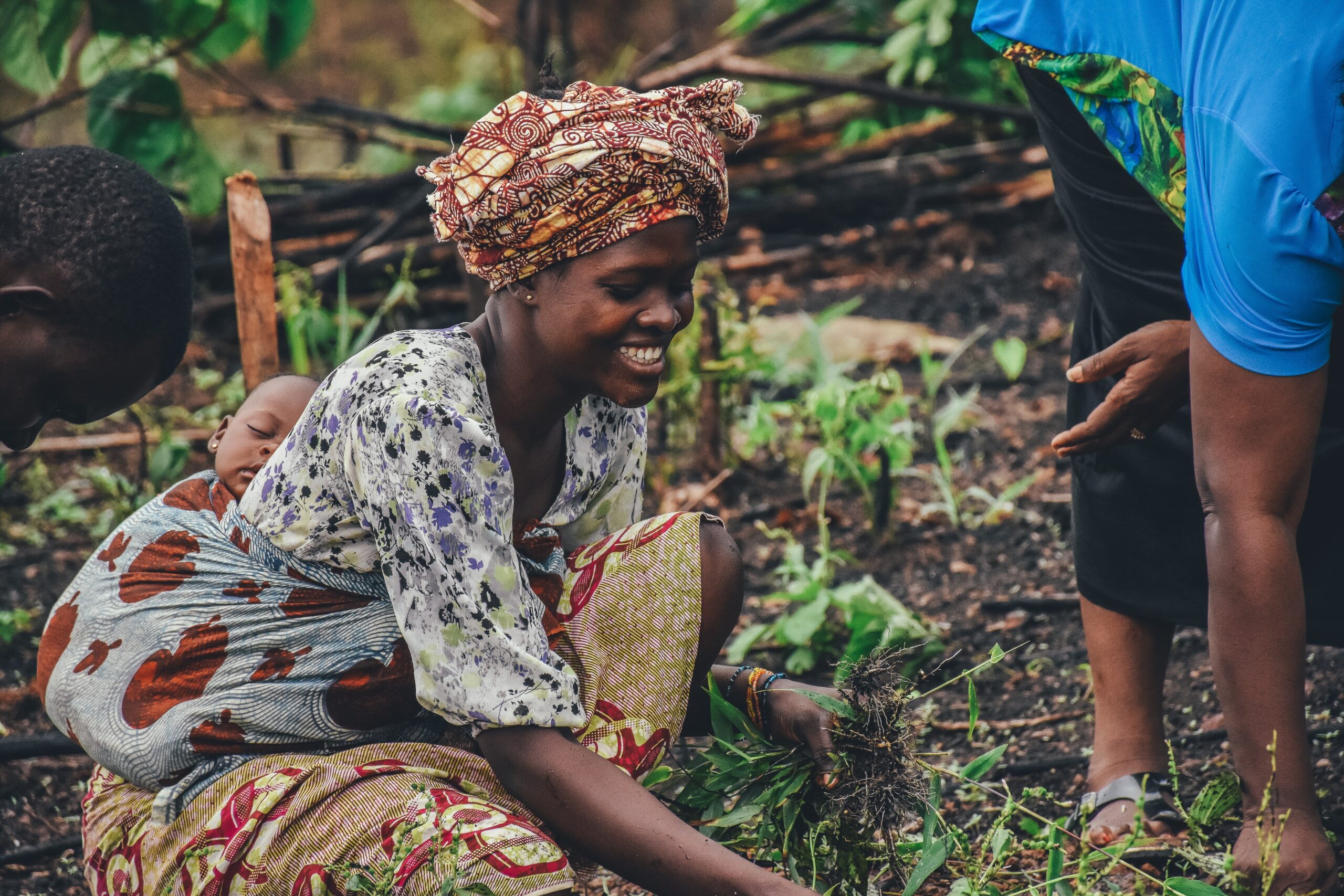In a landmark agreement, Shelter Afrique Development Bank (ShafDB) and the African Union (AU) have signed a Memorandum of Understanding (MoU) aimed at addressing Africa’s acute housing and urban development challenges. The partnership, formalized in Addis Ababa, Ethiopia, grants ShafDB Observer Status at the AU, and aligns with the AU’s Agenda 2063 for a prosperous and sustainable Africa.
The MoU focuses on tackling the continent’s staggering housing deficit—estimated at 53 million units—and bridging a $1.4 trillion financing gap. It outlines strategic collaboration in sustainable housing, urban development, capacity building, resource mobilization, policy advocacy, and technological innovation. Environmental sustainability is also a central theme, with plans to enhance climate resilience in housing and urban infrastructure.
Read: African Leaders Endorse African Credit Rating Agency to Assert Economic Sovereignty
Ambassador Albert Muchanga, AU Commissioner for Economic Development, Trade, Tourism, Industry, and Minerals, emphasized the partnership’s transformative potential. “We warmly welcome Shelter Afrique Development Bank as one of our strategic collaborators. Together, we shall enhance efforts to unlock Africa’s investable wealth and mobilize it towards meeting the continent’s housing deficit anchored on inclusive and sustainable urbanization,” he stated.
ShafDB Managing Director Thierno-Habib Hann echoed this optimism: “This MoU marks a significant step forward in our shared vision of sustainable housing and urban development in Africa. As a pan-African multilateral development bank focused on housing and urban development, we are confident that this collaboration with the African Union will scale our ability to create transformative solutions that address the housing deficit and enhance the quality of life for millions.”
The agreement highlights several key areas of cooperation:
Sustainable Housing and Urban Development: Joint initiatives to foster environmentally sustainable and climate-resilient communities.
Addressing the Housing Deficit: Strategies to reduce the housing gap while improving urban settlements.
Capacity Building: Training programs for policymakers, developers, and other stakeholders.
Resource Mobilization: Efforts to secure financial and technical resources through partnerships with regional and international institutions.
Policy Advocacy: Development of policies to elevate housing challenges on national and global agendas.
Technological Innovation: Adoption of advanced technologies in housing and urban planning.
Environmental Sustainability: Initiatives to improve climate resilience in infrastructure.
To operationalize the MoU effectively, ShafDB and the AU will develop a Joint Action Plan (JAP) with specific activities, timelines, and review mechanisms. The collaboration may also entail staff secondments and supplementary agreements to address emerging priorities.
This partnership underscores both organizations’ commitment to improving living standards across Africa by leveraging innovative solutions and mobilizing resources at scale to address affordable housing
